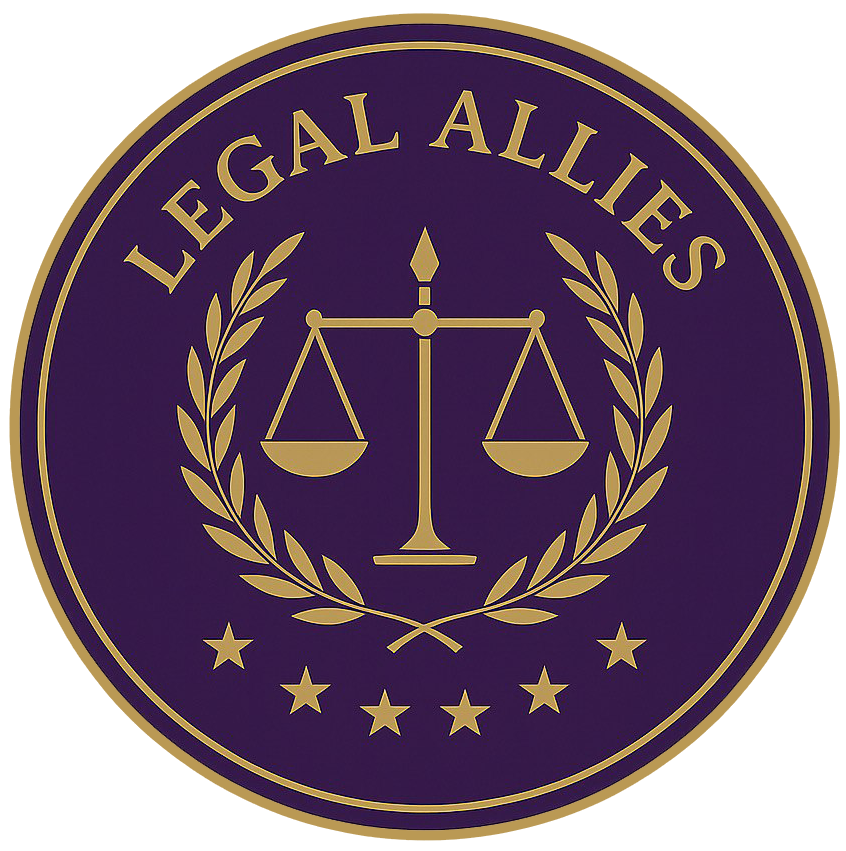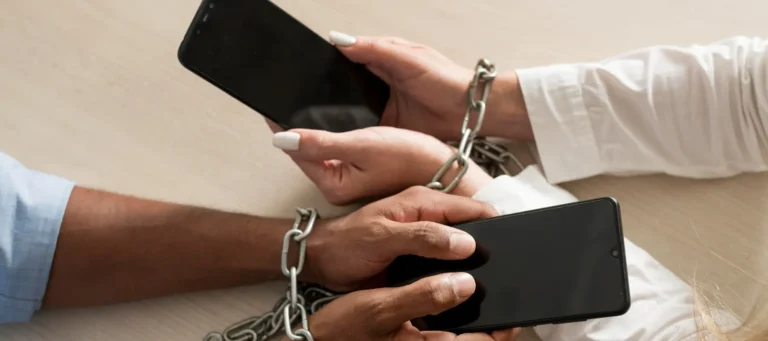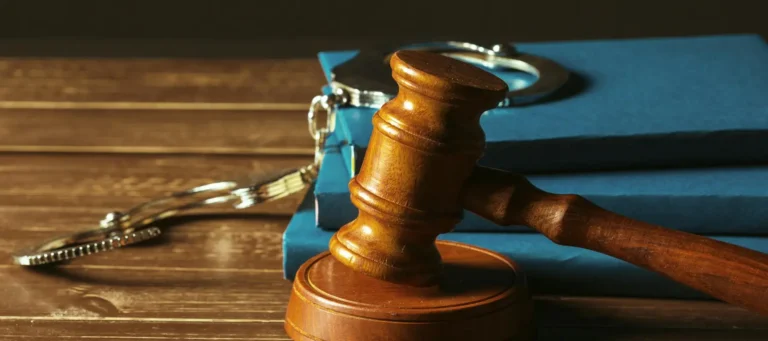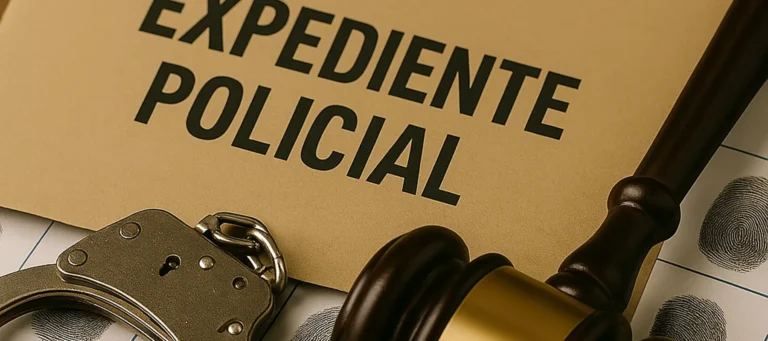A false criminal accusation is a nightmare that can happen to anyone: a heated breakup, a vengeful neighbor, or a police misunderstanding. At Legal Allies, we receive many cases involving foreigners who, without fully understanding the Spanish legal system, end up in serious trouble despite having done nothing wrong.
Can I be arrested for something I didn’t do? How do I prove it’s a lie? Can I take legal action against the accuser? Take a breath—we’ve prepared this step-by-step practical guide just for you.
What is a false criminal accusation?
A false criminal accusation occurs when someone reports a crime or testifies to the police or a judge falsely claiming that another person committed a crime, knowing full well it’s not true. We’re not talking about a mistake or confusion—this is deliberate lying with the intent to cause harm.
This is classified as a criminal offense under Article 456 of the Spanish Penal Code.
What are the consequences for someone who falsely accuses another?
The law is clear: filing a false criminal accusation can lead to prison time from 6 months to 2 years—or more if the lie involves a serious crime.
Additionally:
- The accuser may face a financial fine.
- They may have to compensate you for moral and material damages.
- They will have a criminal record.
What should I do if I’m falsely accused of a crime?
1. Don’t panic (but act fast)
First things first: stay calm. Even if you’re understandably angry, the legal process requires a cool head and a strategic approach.
2. Don’t make a statement without legal advice
Even if you’re 100% innocent, a poorly worded statement or contradiction can work against you.
Get a criminal lawyer. If you don’t have one, legal aid may help, but for delicate cases, a specialist is strongly recommended.
3. Gather all possible evidence
Screenshots, WhatsApp messages, emails, security footage, witnesses… anything that helps prove your side of the story is valid.
4. Attend your court appearance fully prepared
If you’re summoned, always go with your lawyer and bring all documents. Don’t improvise. And remember: you have the right not to testify if you believe it’s not in your best interest.
Can I take legal action against someone who falsely accused me?
Yes. If you can prove that someone knowingly made a false criminal accusation to harm you, you can file a complaint for either defamation or false reporting.
Legally, there are two possible routes:
- Defamation (calumnia): if someone falsely accuses you of a serious crime.
- False report (denuncia falsa): if a false complaint is filed with the authorities.
For your complaint to be successful, you’ll need:
- A previous case resolution in your favor (dismissal, acquittal, etc.).
- Clear evidence that the accusation was false.
What if I’m a foreigner and receive a false criminal accusation?
This is critical: a false criminal accusation can jeopardize your residency permit, nationality application, or even your student visa.
That’s why it’s vital to:
- Clear your name legally as soon as possible.
- Cancel any criminal records that may have been created.
- Check how this impacts your immigration or administrative procedures.
At Legal Allies, this is exactly the kind of case we specialize in: criminal defense for foreigners in Spain.
What if the case is dismissed, but the damage is already done?
Sometimes, even if the false accusation is dismissed, the reputational, family, or professional damage is already there. In this case, you can:
- Request compensation for moral damages.
- Seek to clear your criminal record.
- Initiate civil or criminal actions against the person who defamed you.
Our team can help you restore your reputation and enforce your rights.
Real cases we’ve handled
- A student was falsely accused by her ex-boyfriend of stealing his phone. Thanks to screenshots and testimony from friends, we proved it was all made up. The man was convicted for false reporting.
- A foreign worker was reported for “assault” after a verbal argument with a neighbor. We proved there was no physical contact, and the case was dropped. We then helped him cancel the record and continue his nationality process.
A false criminal accusation can turn your life upside down if you don’t know how to respond. But with legal support, solid evidence, and a good defense, not only can you be acquitted—you can defend your honor and take action against your accuser.
If you’re in this situation, you’re not alone. At Legal Allies, we’re here to protect you in your language, explain every step, and help you regain peace of mind.





